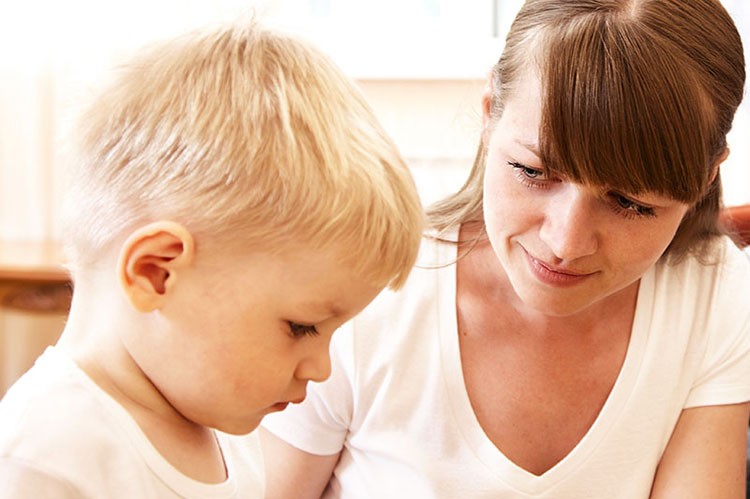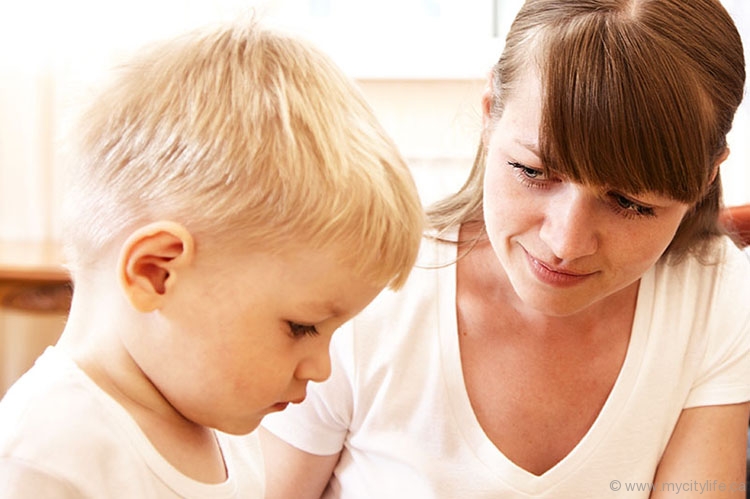The Real Results of Reward
It’s no surprise that rewards have become the go-to strategy for time-pressed parents. Who hasn’t been tempted to offer a little incentive to get things done without a fuss? If you’re good while we’re shopping, I’ll buy you a candy bar. It seems harmless enough. You might even be thinking it’s better than threats or punishment because it’s “positive.” Yet those ubiquitous stickers, stars and charts that adorn so many fridges may lead to outcomes we aren’t anticipating. It’s time we take a deeper look and ask a few tough questions. For starters, what are the long-term results of this approach, and what are rewards really teaching kids? Could it even be possible they’re one of the reasons children aren’t as cooperative and hard working as we’d like?
As innocent as they seem, rewards have serious baggage. The most troubling effect is that they encourage kids to think in a self-centred way; they encourage them to ask, “What’s in it for me? Why should I be good or help out unless I get something out of it?” Rewards focus a child’s attention on getting something. That’s why, when you ask your teenager to help shovel the driveway, you shouldn’t be surprised to hear: “What will you pay me?” This simply isn’t good training for cooperation in a family. Cooperation requires kids to think differently — to consider how they can help others and what the needs of a situation are. Search for words of encouragement, affection and respect instead of rewards: “I know it’s hard to come grocery shopping with me when you want to play, but we are almost finished. Would you like to help me pack up the bags at the cash? That’s so helpful. I really appreciate it when you help me shop.”
The other area of concern is that rewards reduce motivation because they’re contingent upon getting specific results. Imagine making this promise: “If you get an A on your science test tomorrow, I’ll take you to Dairy Queen.” What happens if the A doesn’t materialize? Feelings of not measuring up, of things being unfair and of letting parents down are common reactions. These are unpleasant feelings, and that’s how motivation gets squelched. Although some self-confident kids will rise to the challenge and redouble their efforts, others won’t. The less confident get discouraged and give up, thinking they’ll fail: “The test is going to be hard. I probably won’t get an A and I won’t be getting ice cream — so why even try? It’s all stupid, anyway.” So what should parents do? The best way to encourage children is to put the focus on intrinsic payoffs instead — the good feeling you get when you’ve improved at something or made a contribution that’s appreciated. Encourage your children to be helpful and enjoy their activities without worrying about how well they do.
Children have loads of time to learn, and life is not a race. Effort, that willingness to keep trying, is the most important thing. Simple remarks such as “Good try!” or “Don’t give up!” are good, quick encouragers. It helps them accept mistakes without embarrassment. Remember, too, that children don’t need fireworks and applause every time they accomplish something. Sometimes the simplest acknowledgments are the best. “You tidied your desk so nicely. Everything looks organized.” This is enough. It’s all they need.
KAREN SKINULIS
GUEST PARENTING EDITOR
Karen Skinulis is a director at the Ontario Parenting Education Centre and a certified Montessori teacher. With an education in psychology, the mother of two is an expert at offering effective solutions to the most common parenting challenges, having co-authored three widely read books studied by both parents and teachers. Over the last 25 years, Skinulis has taught parenting classes and held workshops for family-focused organizations and corporations across Ontario.
www.practicalparenting.ca



















































































No Comment